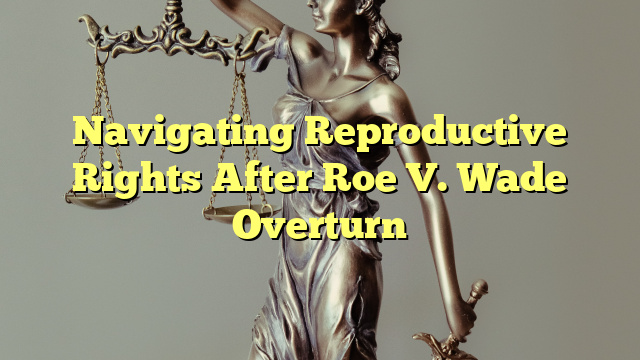Table of Contents
What is the constitutional right to reproductive freedom?
The constitutional right to reproductive freedom is the belief that individuals have the right to make decisions about their own reproductive health without interference from the government. This right is derived from the Due Process Clause of the Fourteenth Amendment, which protects individuals’ fundamental rights to privacy and personal autonomy.
What are the tenets of reproductive justice?
Reproductive justice is a framework that goes beyond the concept of reproductive rights and encompasses a broader range of social, economic, and political issues. The tenets of reproductive justice include:
- The right to have a child
- The right not to have a child
- The right to parent children in safe and healthy environments
- The right to access reproductive healthcare services, including contraception and abortion
- The right to be free from reproductive coercion and violence
- The right to reproductive healthcare that is affordable, accessible, and culturally competent
- The right to make decisions about one’s reproductive health without discrimination or stigma
Which statement best describes the long term impact of Roe v Wade on US society?
The long term impact of Roe v Wade on US society is significant. The landmark Supreme Court decision, handed down in 1973, legalized abortion nationwide and established a woman’s constitutional right to choose to have an abortion. This decision has had the following effects:
- Increased access to safe and legal abortion
- Reduced maternal mortality rates
- Expanded reproductive healthcare options for women
- Increased women’s educational and economic opportunities
- Challenged societal norms and attitudes towards women’s reproductive autonomy
- Continued political and legal battles over abortion rights

